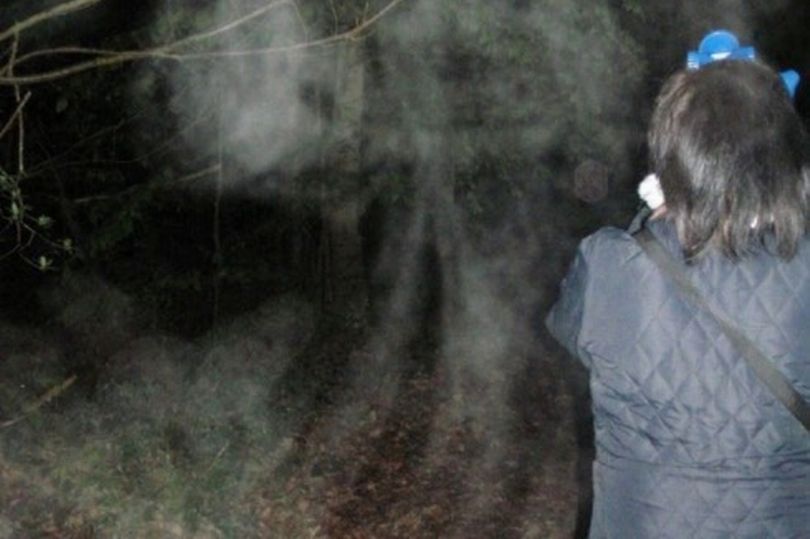In a bid to avoid the fast-spreading new strain of the coronavirus, many countries have banned travel from the UK.
Coronavirus
Many countries have taken strict measures to avoid the fast-spreading mutated COVID-19 reaching its borders by placing travel ban from the UK.
More than 40 countries have now suspended travel from Britain in a bid to contain the fast-spreading new strain of the coronavirus.
Among them are four African countries – Morocco, Algeria, Tunisia, and Mauritius, with Nigeria also considering to suspend travel from the UK.
The chairman of the Presidential Task Force on COVID-19, Boss Mustapha, at a press briefing on Monday said, “A lot of discussions is still going on around the calls for the restriction of international travels due to the discovery of new strains of the virus in certain countries.
“The protection of Nigerians remains our primary concern and we reassure Nigerians of our resolve not to relent.”
According to reports, scientists at the Redeemer’s University, Nigeria, say they have found the United Kingdom’s ‘lineage B.1.1.7,’ a mutant variant of the COVID-19 global pandemic, in Nigeria.
Scotland had already closed its border with the rest of the United Kingdom.
Here are some of travel bans announced so far.
– France -
France has halted all travel from Britain for 48 hours, including anyone transporting goods by road, air, sea or rail.
Paris and London are in talks over testing at ports to reopen the border, British Home Secretary Priti Patel said.
– Germany -
Germany is extending a ban on all arrivals from the UK and South Africa – where the new strain has also appeared – until January 6.
– Spain and Portugal –
Spain and Portugal are suspending flights, with Madrid only allowing its nationals or residents to enter from Britain.
– India –
India has suspended all flights until December 31, with anyone arriving from Britain on transit flights to be tested.
Its financial capital Mumbai is being put under curfew over fears of the British strain.
– Poland –
Poland – which has a large ex-pat community in Britain – has banned all incoming UK flights.
– Hong Kong –
The former British colony has banned all incoming UK flights, and extended the quarantine of passengers who arrived from Britain in the last fortnight.
– Netherlands –
Passenger flights from Britain have been banned until January 1. One case of the new strain has been found in the country.
– Ireland –
Flights from Britain from Monday have been banned for at least 48 hours.
– Italy –
Italy has blocked flights from Britain and prohibited entry of people who have stayed there during the last 14 days.
The new strain has been found in one person who recently returned from the UK.
– Russia –
Moscow is suspending British flights for a week.
– Rest of Europe –
Finland is suspending flights for two weeks and Switzerland until further notice, with travellers who have arrived from Britain or South Africa ordered into quarantine.
Baltic nations Estonia, Latvia and Lithuania as well as Belgium and Luxembourg have also halted flights, while in the Balkans, Croatia, Macedonia, and Albania followed suit with Bulgaria and suspended them until January 31.
Romania has banned all flights to and from the UK for two weeks, as has the Czech Republic.
Norway and Denmark suspended flights for 48 hours.
Denmark has detected nine cases of the new strain on its soil.
– Canada –
Canada has banned all UK flights for 72 hours, with those who had already arrived from Britain subject to screenings.
– Turkey –
Turkey has suspended flights from Britain, Denmark, the Netherlands and South Africa.
– Middle East –
Saudi Arabia and Oman said they were closing their borders entirely for at least a week.
Israel said it was barring entry to foreign citizens travelling from Britain, Denmark and South Africa, while Jordan is banning UK flights for a fortnight, as is Iran.
Kuwait has added Britain to a list of “high-risk” nations and banned flights.
– Africa –
Morocco, Algeria and Tunisia have all banned flights from Britain, with Algeria deciding to stop repatriating its nationals.
Mauritius, a former British colony, has also barred travel from the UK and South Africa.
– Latin America –
Anyone who had been in Britain or South Africa in the past 30 days will not be allowed to enter El Salvador.
Peru has gone further, banning all flights from Europe and any foreigner who had been in Britain in the last fortnight.
Chile and Argentina have banned flights from the UK, with anyone without a Chilean residence permit who had been in Britain in the past two weeks barred.


.jpg)










